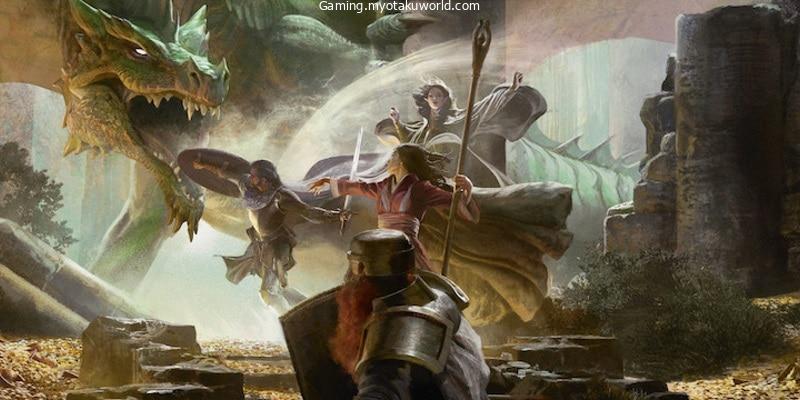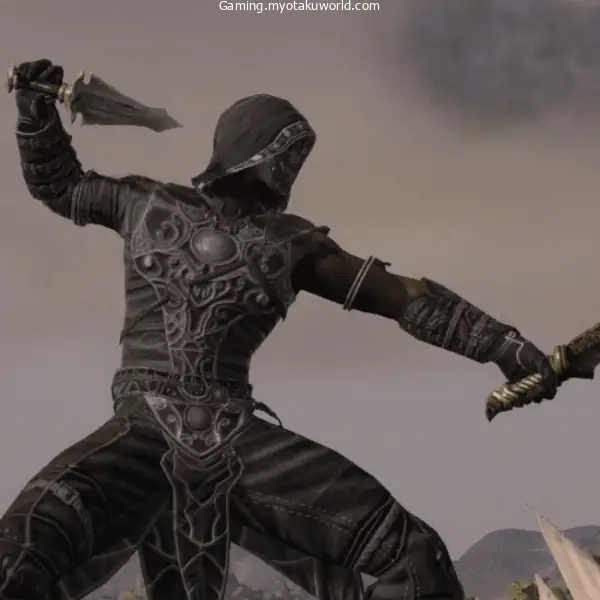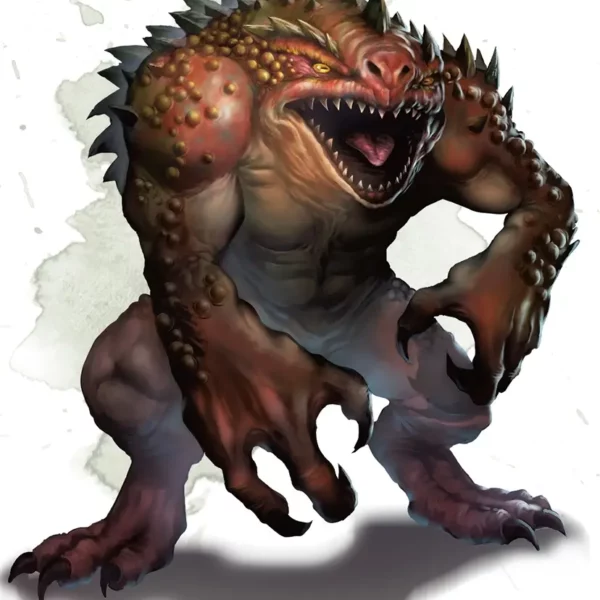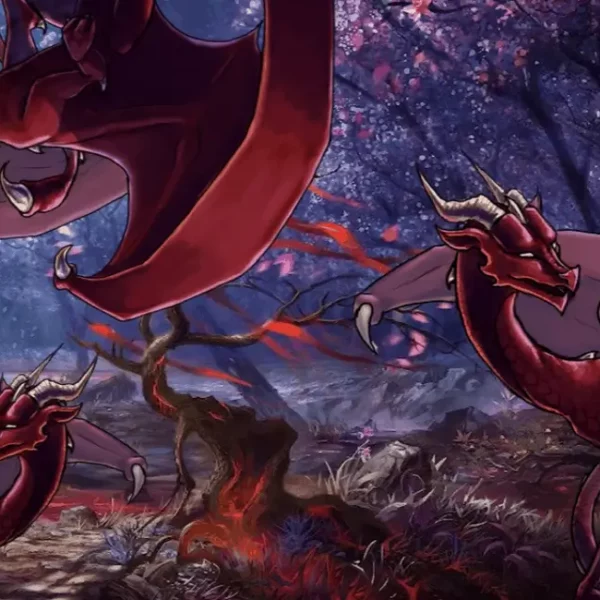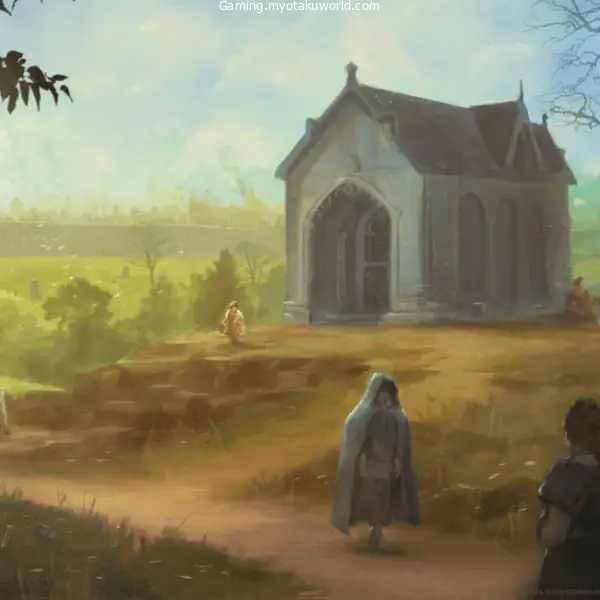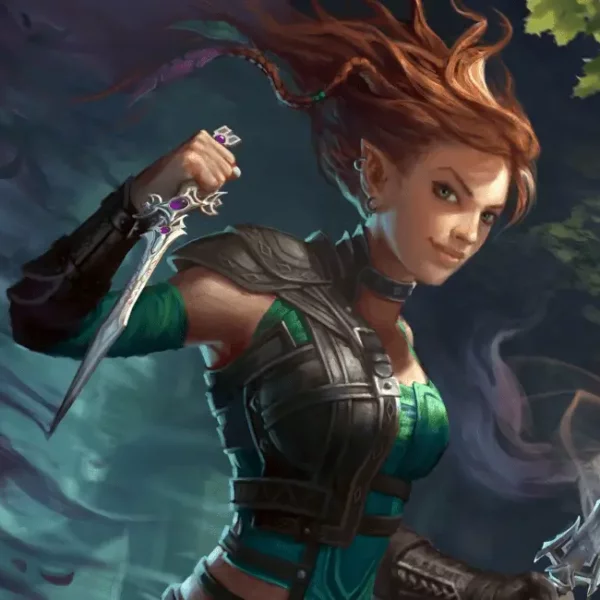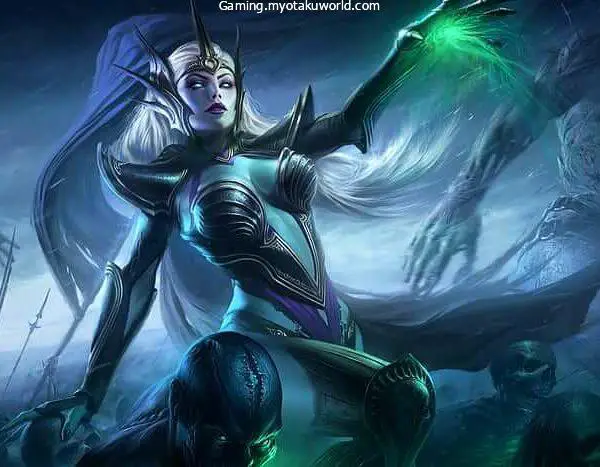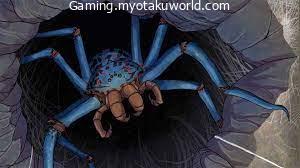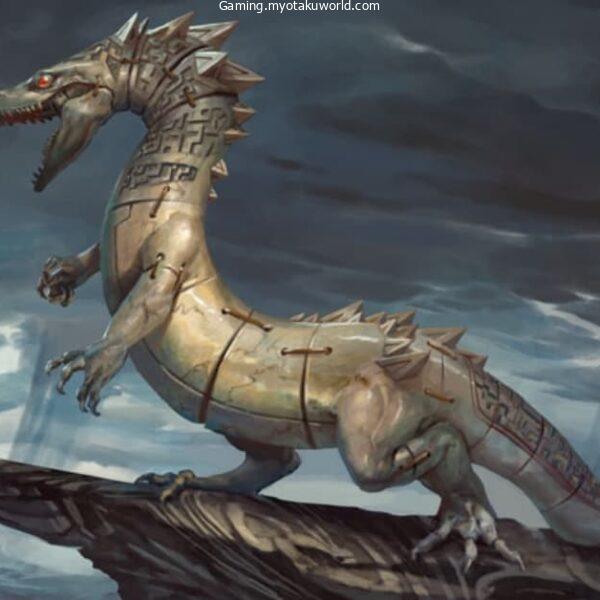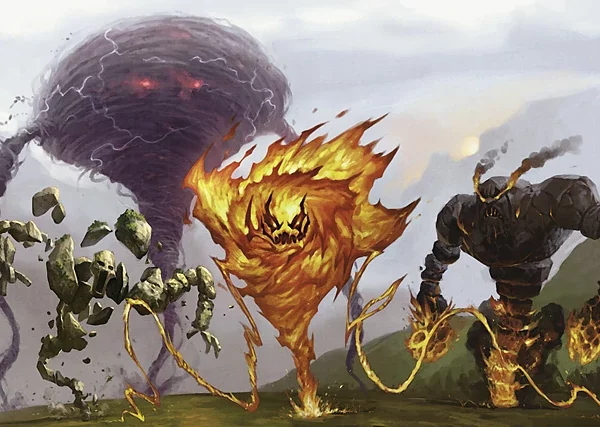When you first start as a Dungeon Master, it’s always hard to start a D&D campaign.
There are a few easy things you can do to make sure your game gets off to a good start.
Before you start your D&D game, the most important thing to remember is to talk to your players every step of the way.
Before You Start a DnD Campaign, Talk to Your Players.
Most likely, the most important part of planning your campaign is talking to your players before you start the game.
All of this is based on the idea that you have people to play with.
If you don’t, sites like Roll20’s “Looking for Group” page or RPG Table Finder can help you find games.
Talk to your players about what they like about the games they are playing.
They might like more fights or a lot of role-playing.
Maybe they don’t like high magic and like middle or low fantasy instead.
Maybe they’ve always wanted to play a game with a mix of science and fantasy.
This doesn’t mean you have to do everything they say.
As a Dungeon Master, you should let people know what you feel comfortable running.
Let your players know if you’re not sure how to run a science-fiction game or a campaign with a lot of political intrigues.
And that’s what this is all about: making you feel better!
You shouldn’t force your players into situations they don’t want to be in.
Yes, sometimes the characters in our games have to make hard choices.
But you should never put something on purpose that makes your players feel bad.
Most of the time, I talk about controversial things.
But telling a little too much about how a monster died might not be okay for some players.
Where Should I Start My Dungeons & Dragons Campaign?

In your D&D campaign, you can make the players start at any level you want.
I think new players should start at 1st level if you’re playing with them for the first time.
Even though they don’t have a lot of their character traits yet, making them start at level one won’t be too hard.
After that, you can do anything you want that fits the game you’re playing.
But most D&D games start with the players at the third or fifth level.
Both are good choices for players with half a year of experience since they unlock a lot of fun new class abilities and powers.
What is a Session Zero?
During session zero, you and your players talk about what everyone is comfortable with, what their limits are, and what they hope to get out of the game.
Most of the time, you’ll want to set one up before starting a Dungeons & Dragons campaign so that you and your players know what is and isn’t allowed.
Your session zero helps you make sure that your game doesn’t have anything that makes your players feel bad.
It also gives you a chance to say more about your game’s setting and themes.
You should have your session zero planned out before your players make their characters, if possible.
So, when your players make their characters, they can think about your setting and themes.
They might want to add their backstories to the world or campaign.
All of these things make the players care about the story.
If their characters have something at stake in the story, they will care more about the game.
Also, ask your players what they hope to get out of the game.
As much as possible, try to work these expectations into the campaign.
Your players will love it when a certain monster or chance comes up that ties into one of their backstories.
One of the best parts of running a Dungeons & Dragons game is seeing how excited (or scared) the players get when they reach these points.
During your session zero, it’s also a good idea to tell your players about the game’s main ideas and themes.
This will keep your first session from being a big story dump.
And it helps your team get ready for when the game starts.
Your players may not know much about the setting, but their characters have lived there for as long as they have.
So, they would know common facts about the world and maybe a few facts that aren’t common.
Plan Out Your DnD Game
Planning is the first step in getting a DnD campaign going.
You need to have a general plan for your game before it starts.
Where does it take place?
Who are the important non-player characters (NPCs)?
Who is important to the story?
What is the main fight about?
Make your players a short pitch.
Write a short description of your game that talks about its ideas and themes.
Then, show it to your players to see how interested they are.
I recently ran a one-shot for my players because half of our regular group couldn’t make it to the regular game.
So, I told them about some ideas I had been thinking about.
And the one they chose had this written about it:
“Eldritch Wild West
Set in a new land known colloquially as The Frontier. A wide and mysteriously uninhabited land that appeared some 10 years ago. People seeking a fresh start flocked there and continued to do so. Something’s happened at the aether-coal mine and the sheriff’s posse is meant to investigate.”
Is it just right?
No, it’s a little long and has some details that might not be necessary.
But it tells the players what the theme is (Eldritch Wild West) and what their characters will have to do (helping the sheriff investigate the aether-coal mine).
I had three other pitches ready and told my players, “Pick the one that sounds like the most fun.”
From there, I made the game more detailed by adding NPCs, challenges, and other things.
The pitch you give to your players should explain what kind of game you want to run.
What Should Happen at the Start of Your D&D Campaign?

At the beginning of your D&D game, you should do three things:
- The world and setting
- The player characters
- The villain
When you start a D&D campaign, you should include these three things right away. So let’s go over why.
The World & Setting
Tell your players about the setting as their characters go through it.
Give them important facts about the world so they can understand how to live in it.
Now, am I telling you to give them a lecture?
Not even close.
No one has fun with lore dumps (except the DM).
So, you shouldn’t start your DnD campaign by telling the players everything there is to know about the world.
But you should talk about the local area and maybe a few plot points that have to do with the beginning of your adventure.
By explaining the world, you give your players a sense of how their characters fit into it.
And, it helps get them interested in the story of your game.
The Player Characters
At the start of your D&D campaign, you’ll need to introduce the player characters.
But it’s more like letting your players tell each other about their characters.
Even if you do something out of the ordinary for the first session, like having your players play as other characters, you should still give your player characters a chance to talk to each other.
Your players need to be on board with this to a certain degree.
Your first plot hook should make your player characters want to do something.
So, try to make sure that your first adventure (and the ones that come after it) get everyone’s attention.
But make sure everyone gets a chance to talk about their character.
I think the players should do this than for the DM to explain each one.
1) That’s work you need to remember,
2) your players should be proud of their characters, so let them have fun introducing them.
The Villain
You should have the bad guy show up in some way at the beginning of your D&D campaign.
By letting your players meet the game’s bad guy, either through rumors or direct contact, you can give them a taste of what’s to come.
I don’t think this is something you see very often.
I love getting rid of the Big Bad Evil Guy (BBEG) right away.
If they show up, tell them how strong they are, and then leave.
Either that or rumors are going around the town or hints about it in the first adventure.
Putting the bad guy at the beginning of your D&D game gives the players a taste of what they might face later on.
That might make them want to get rid of a bad leader or be afraid to face a strong dragon.
No matter how they react, it’s a fun hint about what will happen later in the game.
That pretty much covers how to start a D&D campaign.
These rules are very general.
But remember that talking with your players is the most important thing.
If you can talk to each other, the start of your game will go as smoothly as possible.
Now all you have to do is plan out the story, populate your world, put obstacles in the way of your players, and make sure their characters are made right.
Yes, there’s a long way to go.
